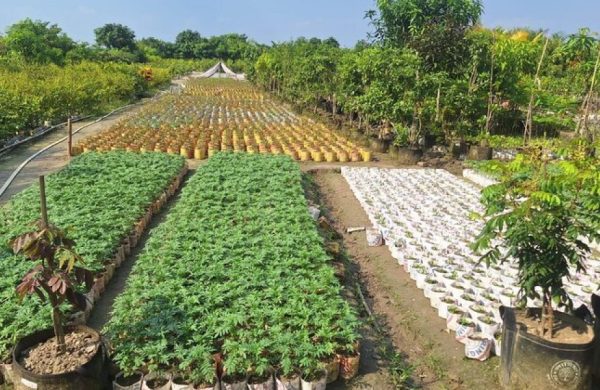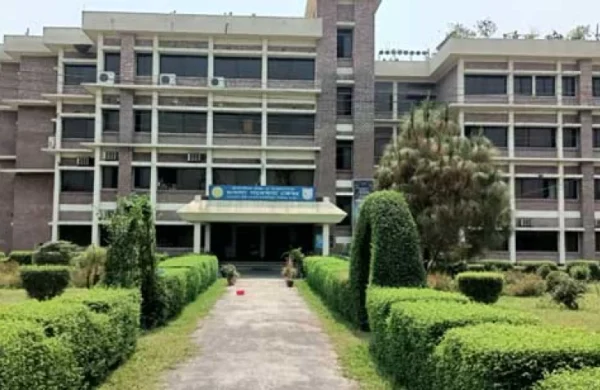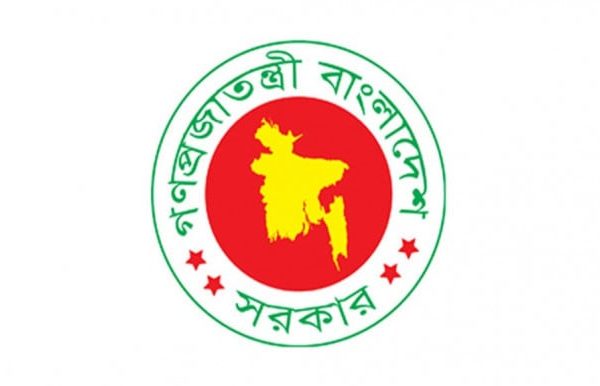Hilsa in Rivers: Production can increase by 10pc
- Update Time : Wednesday, October 14, 2020

Over half the hilsa eggs laid are likely to hatch this year due to favourable environment, researchers and officials said.
They said this would be over 5-10 percent more than last year.
Even if 5 percent of the fry survive, the fish production will increase by around 10 percent next year, they said.
They called for strict monitoring of bans on all fishing in rivers where there are hilsa, hilsa selling, and hoarding, and transportation.
A 22-day ban on catching fish goes into effect from today to November 4.
If all things go well, the fish production will rise around 10 percent next year, they expect.
Hilsa researcher Anisur Rahman, chief scientific officer of Bangladesh Fisheries Research Institute in Chandpur, thinks more mother hilsa will spawn and more eggs will hatch this year.
Last year, around 48.92 percent eggs hatched. This year, there was heavy rainfall at the beginning of the monsoon, which is conducive to the arrival of hilsa into rivers from the sea.
Lots of plankton have grown in rivers due to favourable conditions. Favourable environment and reduction of pollution in river water can increase hilsa breeding. The rate of hilsa coming to rivers from the sea will rise, he said.
Around 55-60 percent hilsa eggs will hatch this time, he hoped.
A mother hilsa lays 10-12 lakh eggs.
“Even if 5 percent fry survive, the fish production will increase by around 10 percent next year,” he added.
Strict measures have been taken to protect mother hilsa in the last 10 years. The 65-day ban on catching hilsa from the sea ended on July 23. Apart from this, the 22-day ban will help boost hilsa production.
As the number of big fish increases, so do the quantities of eggs laid and hatched, he said.
He said the main reason for a hilsa being large is that a hilsa can come back to the sea from rivers more than once. If the age of a mother hilsa is three years, the quantity of its spawning will increase, more eggs will hatch and more fry will survive.
He said hilsa production was 5.33 lakh tonnes last year, but it will be over 5.5 lakh tonnes this year.
Bimal Chandra Das, Barishal district fisheries officer (hilsa), said the ban from today was fixed as the new moon starts on Friday and the full moon will be on October 28.
Meetings with fishermen ended. In the next few days, leaflets will be distributed and a comprehensive awareness programme against catching hilsa will be conducted, he added.
“The size of hilsa has increased from previous years, and its production may go up by 10-20 percent in the Barishal region next year,” he added.
Ajit Kumar Das Manu, president of Barishal Motsho Arotdar Samity, said the weight of 60 percent hilsa supplied to the market this year ranges from 900 grams to 1,200 grams. Hilsa is being seen in larger sizes than previous years. Even hilsa weighing 2.5kg to 3kg can be found.
Israil Pandit, president of Khudro Motshojibi Samity of Barishal region, said as the fishermen get the government assistance late, they have to catch fish when the ban on fishing is in force.
Anisur Rahman, divisional deputy director of Barishal fisheries department, said hilsa production is increasing every year due to the implementation of government hilsa protection programmes.
Last year, 3.29 lakh tonnes of hilsa were netted in the Barishal division, and 5.33 lakh tonnes of hilsa in the country, he added.
This year, the government has allocated 10,566.84 tonnes of rice for 52,80,342 fishermen as assistance as they will not catch fish during the 22-day ban, he added.
Hilsa production has increased around 80 percent in the last 10 years for taking up different hilsa protection programmes, said Masud Ara Momi, deputy chief of fisheries department in Dhaka.
Around 2.98 lakh tonnes of hilsa was produced in 2010-2011, and the production reached 5.33 lakh tonnes in 2019-2020, Masud added.
According to the Barishal fisheries department, the 22-day ban will be in force in 36 southern and coastal districts.
While talking to this correspondent, several upazila nirbahi officers said they already received the rice allocation order, but it would take several days to send the rice to the union parishads concerned.
Contacted, Deputy Commissioner of Barishal SM Ajiar Rahman said if anyone violates the restrictions during the 22-day ban, strict action will be taken against them.













